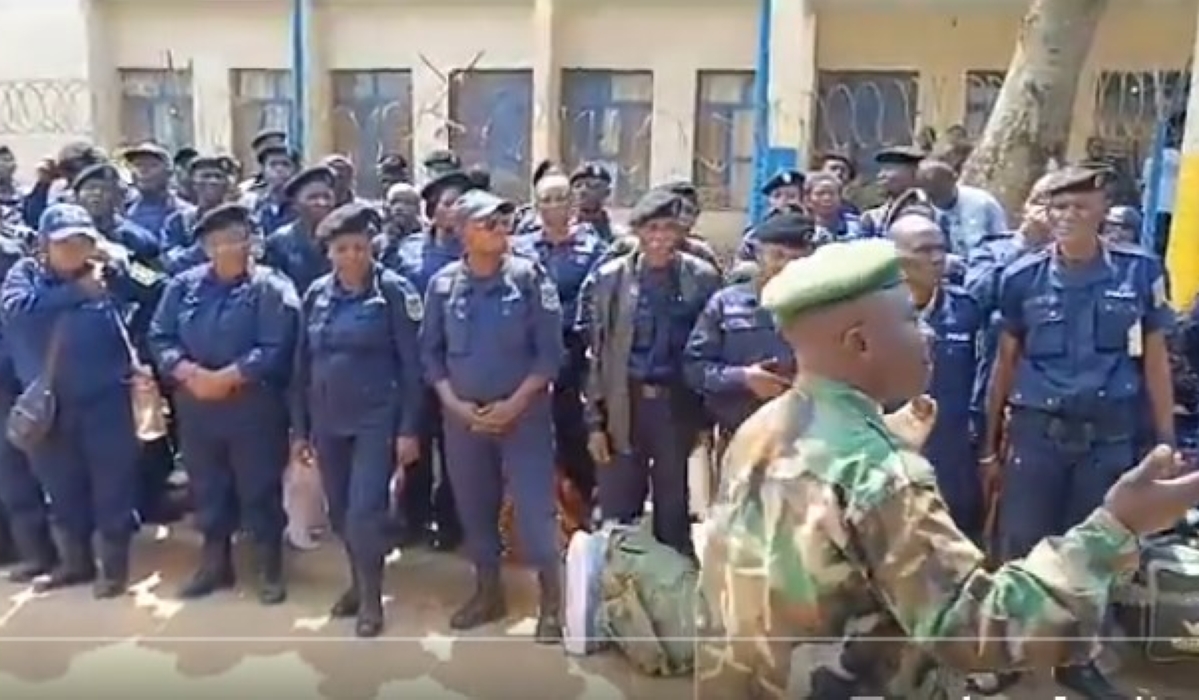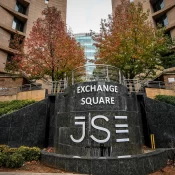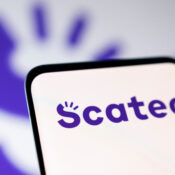
DR Congo crisis: 890 Congolese troops and more than 2,100 police officers join M23 in Bukavu
The AFC/M23 insurrection in Bukavu, the capital of DR Congo’s South Kivu Province, which the rebels took last week, saw the addition of 890 troops and more than 2,100 Congolese police officers on Saturday, February 22.
The rebel organization incorporated hundreds of government soldiers who had surrendered following the conquest of Goma, the capital of the North Kivu Province in the Democratic Republic of the Congo, into its ranks just five days prior.
In Bukavu, 890 FARDC troops and over 2,100 Congolese National Police elements are currently openly declaring their desire to join our group. AFC/M23 movement senior leader Bertrand Bisimwa wrote on his X on Saturday, “We applaud the bravery and dedication of these fellow citizens to protect our admirable cause of ‘living together’ and the humanization of Congolese life.”
In the conflict against AFC/M23 insurgents, the Congolese armed forces (FARDC) have sustained significant losses since January. The Burundian military, the South African-led SADC troops, the FDLR Rwandan genocidal militias, the Wazalendo ethnic militias from Congo, hundreds of European mercenaries, and UN soldiers are all part of the FARDC alliance. Former leaders of the 1994 Rwandan Genocide against the Tutsi established the FDLR, a terrorist organization located in the Democratic Republic of the Congo. It intends to return with force to Rwanda and carry out its homicidal program.
On January 27, the rebels took control of Goma, the capital of North Kivu Province, after fierce combat intensified due to repeated breaches of a truce previously established by the Congolese armed forces (FARDC) in coalition. They promptly proceeded to secure and stabilize the situation and restore order in Goma.
As the Congolese army coalition spread accusations of bloodshed, looting, and atrocities, the security situation in South Kivu worsened. On February 15, the rebels took control of the important airport of Kavumu before pushing south to seize the provincial capital, Bukavu. They were being urged to march in immediately and secure the entire city before that.
Residents of North and South Kivu regions under rebel control are glad the Congolese army coalition is not upsetting their tranquility.
The UN Security Council unanimously issued a resolution on Friday denouncing the AFC/M23 rebels’ continuous attack and advance in the east of their nation, but it omitted any discussion of the core problems, such as the reality that the situation is still largely driven by a genocidal ideology and ambition.
The M23 insurrection occurred years ago as a result of the region’s escalating violent ethnic extremism, which Kigali has frequently emphasized is especially harming Kinyarwanda-speaking Congolese people.
Beginning in 2021, the Congolese government army coalition—which includes the FDLR, more than 10,000 Burundian troops, 1,600 European mercenaries, and South Africa-led SADC forces—commenced fighting the M23 rebels.
As of December 2023, M23 is a member of the Alliance Fleuve Congo (AFC), a bigger rebel organization.
In addition to securing all Congolese people, the AFC is working for government that upholds fundamental human rights and tackles the underlying causes of violence. Its authorities have pledged to eradicate the many vices of DR Congo, including nepotism, corruption, and genocidal mentality.
All Categories
Recent Posts
Tags
+13162306000
zoneyetu@yahoo.com


